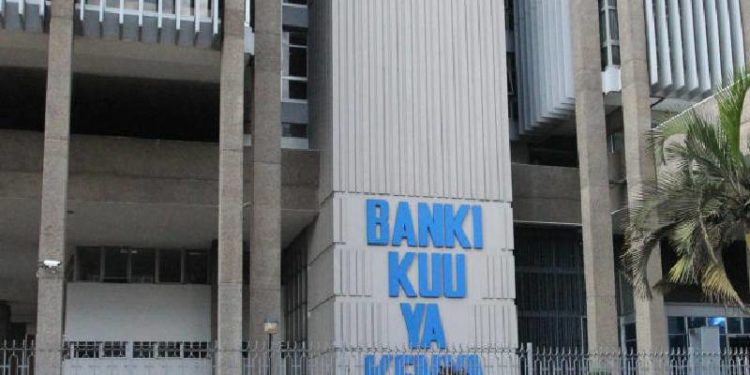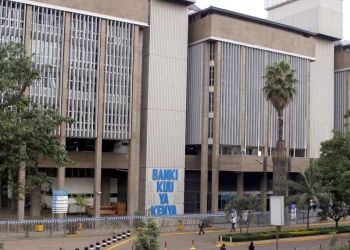The Central Bank of Kenya (CBK) is set to close down tens of digital lenders this month, following the operationalisation of the Digital Cretit Providers Regulations on September 17.
In the era of new regulations, digital lenders will be barred from calling friends and family members of defaulters.
On September 17,CBK is anticipated to provide a list of complying businesses and close down any digital lenders that do not adhere to stringent consumer protection standards established by the Digital Credit Providers Regulations, 2021.
Personal loan apps are mobile solutions that enable you to apply for a loan without ever setting foot inside a bank.
A personal loan may be appropriate for you if you require money to consolidate debt, settle unpaid debt, finance a significant purchase, or do any other similar purpose. You may be able to borrow money using personal loan apps by submitting an online application.
CBK Regulations Spell Doom For Digital Lenders
The regulations are aimed at restraining lenders from unconventional actions by some digital credit providers. The regulationswill also curb exorbitant prices imposed on borrowers, unethical debt collection practices, and misuse of personal data.
Before providing credit to customers, mobile phone lenders must disclose all expenses associated with their loans, including interest rates, late payments, and rollover fees.
Kevin Mutiso, chair of the Digital Lenders Association of Kenya (DLAK), says Kenyans should anticipate better services, more consumer protection regulations, and fewer compliant companies in the next two weeks.
The new regulation also provided CBK the authority to revoke the licenses of companies that use name-and-shame techniques to try and collect money by disclosing information about loan defaulters to outside parties. Customers who use digital loans for their convenience of access because they don’t require collateral have also been plagued by failure to disclose interest rates, late payments, and rollover costs. When applying for credit, most Kenyans are unaware of their rights and fail to read the loan agreements.
As a result, they run the risk of being hit with expensive interest rates that, when annualized, can reach 520 percent, leading to an increase in defaults. Due to low-income households being seduced into readily available mobile loans, the use of mobile loans has increased tremendously over the past few years.
Email your news TIPS to editor@thesharpdaily.com


















